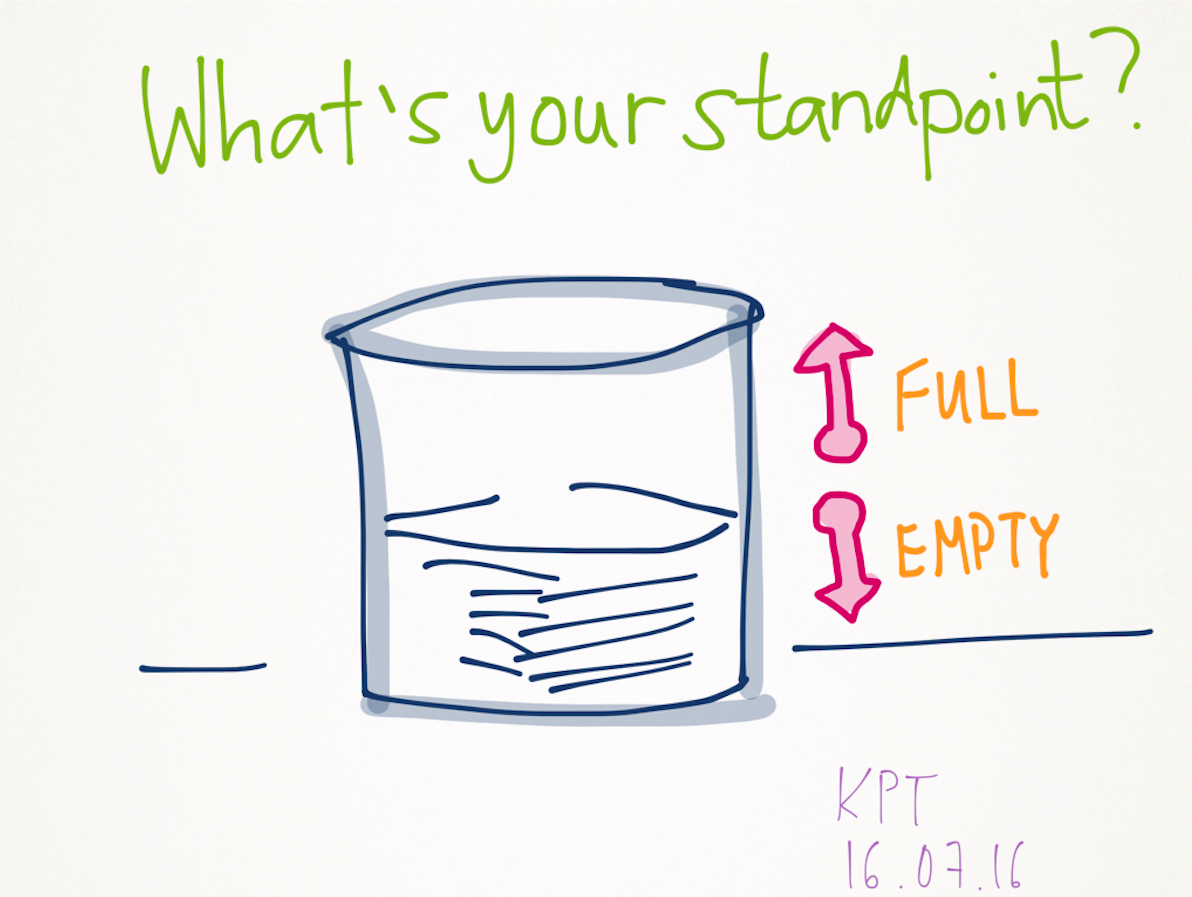
My Masters assignments are all done, and my dissertation proposal on Telecollaboration has been submitted. Now is the time to think about how to turn my proposal into a reality. But where begin? The literature review? The learning activities? I read an excellent article by Alison Wylie (2003) recently called Why Standpoint Matters, a recommended reading by new friend, and research expert Dr Trude Sundberg (Lecturer in Social Policy at the University of Kent, UK), which led me to consider my standpoint on research.
Why Standpoint Matters presents to us Standpoint Theory “a post-modern method for analysing inter-subjective discourses. The theory concerns the authority generated by people’s knowledge and the power such authority has to shape people’s opinions in daily life” (Wikipedia). In essence, it got me thinking about how who I am and where I am from will affect the research I carry out.
So who am I? And where am I from?! Well, I am a 30-something British female, born and raised in London, (albeit for a short outing of 2 years on the beautiful islands of Trinidad & Tobago – thank you, West Indian heritage), currently trying to wrap up an online, distance Masters with the University of Nottingham. A private school secondary education, and work experience in France, led to ample work opportunities in a niche, financial market, based in London, followed by an exciting jaunt as an English Teacher in China. On paper this looks good. But is this what most people do – living and working in different countries? What value for an individual does commodity trading and language teaching hold? And more importantly, does this experience make me the right person to conduct research with students in China?
“Social location systematically shapes and limits what we know…”( Wylie, p31). Indeed, I arrived in China as a “Foreign Expert”, a title bequeathed not so much due to my English teaching experience but due to being a native speaker of the English language. As someone who never “learned” English, but simply acquired it, unknowingly, as a babe, I would say my strengths lie in teaching methodology (how to teach) rather than subject knowledge (what to teach). In this way, my relationship with the English language, has been and always will be entirely different to those who I teach. In this way, I question the value of an “outsider” conducting research on English Teaching to Chinese students. What do I know about learning English, anyway? The struggles, the pains? Surely, someone closer to the inner circle would inhabit a better standpoint, and thus be able to express these issues much better than me?
Following the above, the article claims that standpoint theory is not just concerned about social location but also “the emancipatory potential of standpoints that are struggled for, achieved, by epistemic agents who are critically aware of the conditions under which knowledge is produced and authorised.” (Wylie, p31). This indicates to me that research is not just about the researcher knowing her place and thinking about her own knowledge, but it is also about empowering those she is studying to take part and even write the research paper…Wait! Can I really do this? Enable the participants to become critical social researchers? It sounds ambitious, but it is something I want to keep in mind as I move forward with my project.
At the same time, now I am thinking more about what research is – it seems that I see myself as someone who “knows” more than others, and I have a desire to impart that knowledge. But really how do we know what knowledge is? Who says what is right and wrong? What is the truth? By embarking on this research journey I am saying that I want to make the world a better place, and I am seeking out the best ways to do that. As I say this, the words sound sickly sweet. It sounds like I am doing this because I myself have a problem and I want to make myself feel better about it. This idealism shows my standpoint is on shaky ground.
So here I end my first reflection on Wylie’s discussion about Why Standpoint Matters. I have so much more to say. And I will do in future posts. But for now I am realising why research is often seen as based on the social issues middle class society dictates. This is complicated because, on one hand, it is clear that as an outsider I don’t want to define projects for students in China. But, on the other hand, if I have a position of power then I would like to use that influence for good. I feel I have a responsibility to represent views that are not known. And my research project is a manifestation of that responsibility.
Your thoughts and comments, dear readers, as always, are warmly welcome.
